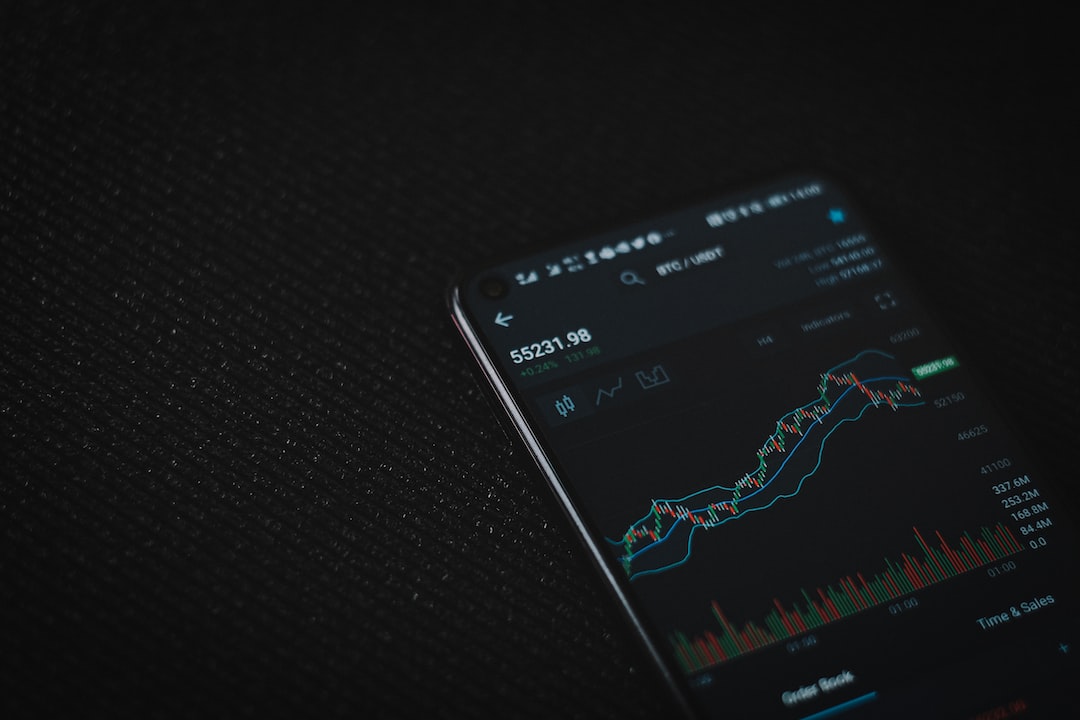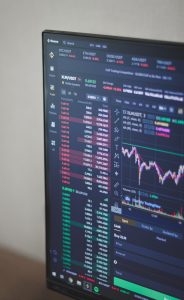Forex, or foreign exchange trading, is a popular investment option for traders around the world. It involves buying and selling different currencies in order to make a profit from currency fluctuations. While many people trade forex through online brokers or platforms, there are also a number of banks that offer forex trading services to their clients. In this article, we will explore which banks trade forex and why this is an important option for traders.
Firstly, it is important to understand that not all banks offer forex trading services. Banks that do offer forex trading typically have dedicated trading desks or departments that specialize in currency trading. These desks are staffed by experienced traders who are able to provide clients with advice and guidance on forex trading strategies.
Some of the banks that offer forex trading services include:
1. Citibank – Citibank is one of the largest banks in the world and offers forex trading services to its clients through its CitiFX Pro platform. The platform offers a range of trading tools and resources, as well as access to a team of forex experts.
2. JPMorgan Chase – JPMorgan Chase is another large bank that offers forex trading services through its JPMorgan FX trading platform. The platform offers access to a wide range of currency pairs and trading tools, as well as real-time market data and analysis.
3. HSBC – HSBC is a global bank that offers forex trading services through its HSBCnet platform. The platform offers access to a wide range of currency pairs and trading tools, as well as real-time market data and analysis.
4. Deutsche Bank – Deutsche Bank is a large European bank that offers forex trading services through its dbFX platform. The platform offers access to a wide range of currency pairs and trading tools, as well as real-time market data and analysis.
5. Barclays – Barclays is a UK-based bank that offers forex trading services through its Barclays Capital platform. The platform offers access to a wide range of currency pairs and trading tools, as well as real-time market data and analysis.
One of the main advantages of trading forex through a bank is the level of security and trust that comes with dealing with a large, established financial institution. Banks are heavily regulated and are required to adhere to strict standards of conduct and transparency. This can provide traders with peace of mind and help to mitigate some of the risks associated with forex trading.
Another advantage of trading forex through a bank is the level of expertise and support that is available. Banks typically have dedicated teams of forex traders and analysts who are able to provide clients with advice and guidance on trading strategies. This can be particularly valuable for inexperienced traders who are just starting out in the forex market.
Finally, trading forex through a bank can provide traders with access to a wide range of trading tools and resources. Banks typically offer sophisticated trading platforms that are designed to meet the needs of both novice and experienced traders. These platforms often include real-time market data and analysis, as well as a range of technical indicators and charting tools.
In conclusion, while not all banks offer forex trading services, those that do can provide traders with a range of advantages. These include security and trust, expertise and support, and access to a wide range of trading tools and resources. For traders who are looking for a reliable and trustworthy way to trade forex, trading through a bank is certainly worth considering.





